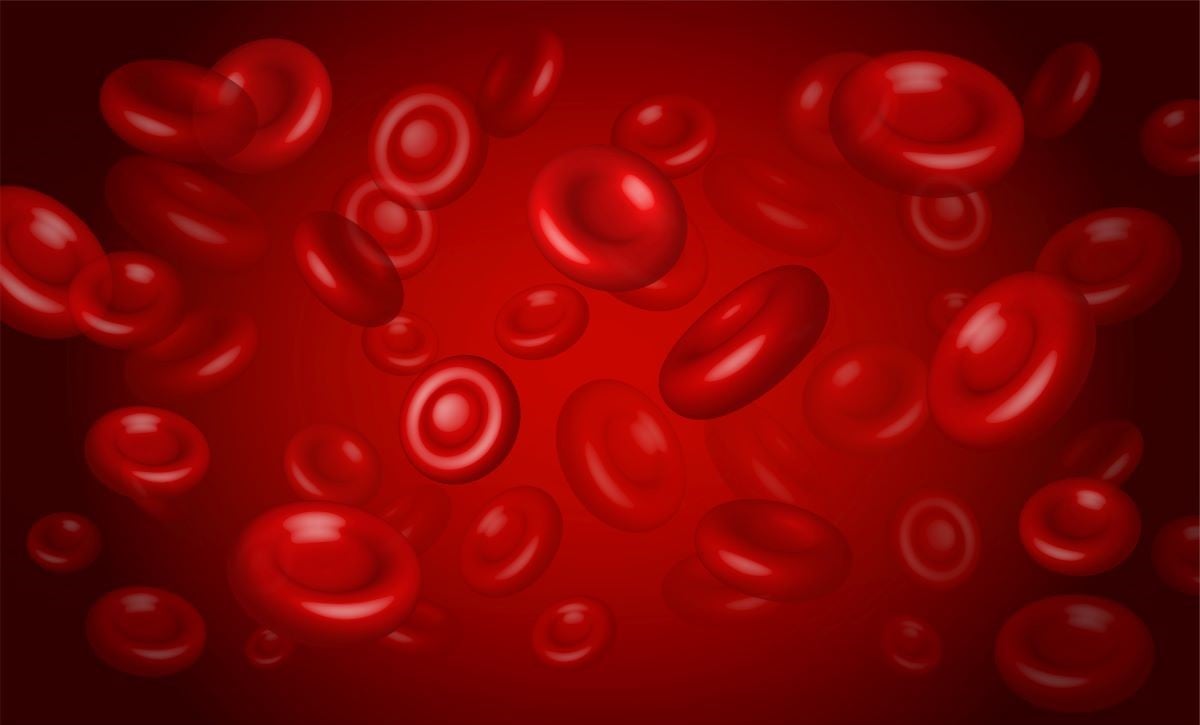41.9 percent of patients had resolution within three years of diagnosis, with median time to resolution of 1.9 years
By Elana Gotkine HealthDay Reporter
THURSDAY, Aug. 15, 2024 (HealthDay News) — Iron deficiency (ID) is common in an American statewide health system, and the time to resolution is prolonged, according to a study published online Aug. 15 in Blood Advances.
Jacob C. Cogan, M.D., from the University of Minnesota in Minneapolis, and colleagues conducted a retrospective review of electronic medical record data from a Minnesota statewide health system and identified patients with ID (ferritin level ≤25 ng/mL). Participants had at least one follow-up ferritin level within three years. Resolved ID was classified as having a subsequent ferritin level ≥50 ng/mL. Data were included for 13,084 patients with ID between 2010 and 2020.
The researchers found that 41.9 percent of patients had resolution within three years of diagnosis (median time to resolution, 1.9 years), and 58.1 percent had no documented resolution. Age 60 years and older, male sex, and treatment with intravenous iron were factors associated with a greater likelihood of resolution (adjusted hazard ratios, 1.56, 1.58, and 2.96, respectively). A lower likelihood of resolution was seen in association with Black race (adjusted hazard ratio, 0.73).
“Iron deficiency can be challenging to diagnose, but it’s easy to treat,” Cogan said in a statement. “Our findings underscore the need for a more coordinated effort to recognize and treat iron deficiency to help improve quality of life.”
Two authors disclosed ties to the pharmaceutical industry.
Copyright © 2024 HealthDay. All rights reserved.








